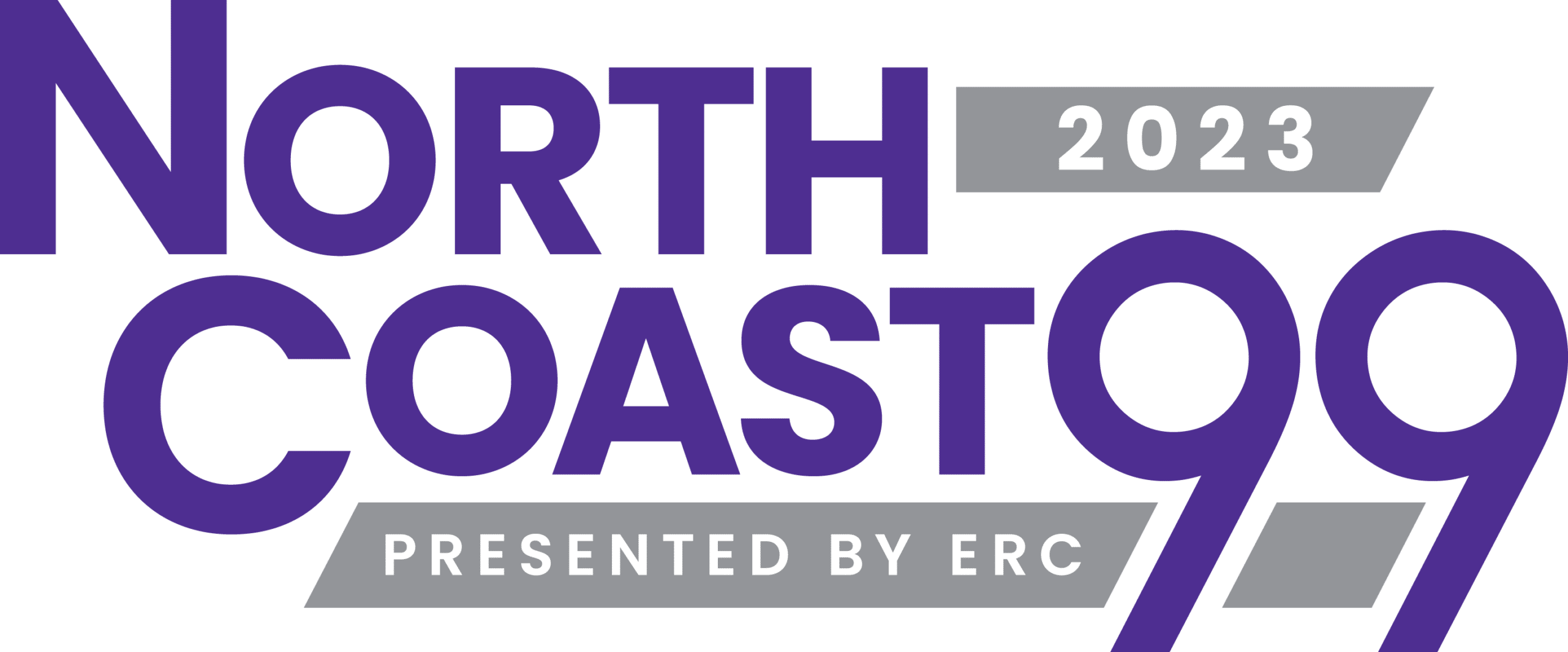Millennials appear to be using their long runway to retirement planning wisely, saving at higher rates than their Gen X and Baby Boomer peers, and showing greater willingness to work with professional financial planners.
But keeping up with the high cost of living and saving enough for the number of retirement years they may need to fund could prove a challenge.
As a result, the different types of retirement planning strategies favored by Millennials – those born between 1981 and 1996 and now 25 to 40 years old – generally include a wider variety of alternatives and less reliance on Social Security than that exhibited by their parents.
At 75 million members, the Millennial generation makes up about one-fifth of the U.S. population and about 40% of American workers. The oldest Millennials were in their 20s when the Great Recession hit and have experienced income instability due to job insecurity and stagnant wages. Many also struggle with lingering student debt and the high cost of buying a first home. Like Americans of all ages, Millennials suffered a significant drop in optimism about their financial futures during the COVID-19 pandemic and the market decline.
At the same time, though, many increased their savings rate as they worked from home but did not have the costs of commuting and dining out. In 2020, Millennials boosted their median retirement savings rate from 7.5% to 9.7% of salary.
Millennials are perhaps one of the most researched and surveyed generations in America, a fact that has yielded a wealth of information on their expenses and saving and spending habits, as well as their attitudes toward saving for retirement. Studies done in recent years by Nerdwallet, the Federal Reserve Bank, the Boston College Center for Retirement Research, and the Nationwide Retirement Institute show consistently that Millennials understand the financial challenge before them during this critical period of time, even if retirement is many years away.
By their 30s, Millennials’ earnings and labor market participation are similar to those of earlier generations. And by their late 30s, Millennials also marry and buy homes at the same rates as Boomers and Gen X did.
But members of the Millennial generation lag previous generations in terms of building wealth through strategies such as home ownership, largely due to student debt. According to Federal Reserve Bank data, 40% of Millennial households have student debt, and it’s equal to 40% of their income on average.
The result is that Millennials’ net wealth-to-income ratio is well below that of previous generations at the same age. Looking at the 34- to 38-year-old bracket, Millennials in 2019 had a median net wealth-to-income ratio of 70%. That’s compared to 110% for Gen Xers in 2007 and 82% for Boomers in 1992.
Recommendations: Diversify and Look for Alternatives
Make sure your asset allocation is age appropriate
Perhaps moved by seeing their parents’ and grandparents’ retirement savings devastated by the 2009 market crash, Millennials long avoided equities, but the data shows they are coming back to the market, as equity portfolios of all age groups – including Millennials – are now showing asset allocations that are appropriate to their stages of life.
Still, they are cautious. Both Millennials and Gen Xers are more than twice as likely than Boomers to incorporate an in-plan income guarantee with their defined contribution retirement plans. In-plan income guarantees are a relatively new tool available in some workplace retirement plans that can protect participants from downturns in the stock market.
Participate in your workplace retirement plan
Perhaps the most important recommendation to make here is this: Defer salary at a high enough level to qualify for your employer’s match if there is one. The employer match – typically about 3% of your salary up to a certain limit – will help fuel your account’s growth over time. Generally, the recommendation for participants in the Millennial age group is to defer 10% to 15% of salary. If you can do more, do so.
Start a Roth IRA
Millennials are jumping on the Roth IRA bandwagon in large numbers, and that’s a smart thing to do. They are investing more than $1 billion into Roth IRAs in 2019 alone (the most recent data available), a significant increase over the total amount contributed for the previous year.
Roth IRAs are funded with after-tax dollars, meaning you don’t get a tax deduction today for the contribution (unlike traditional IRAs and workplace retirement accounts), but when you are retired and withdrawing the funds for income, it’s tax free. Moreover, the gains in a Roth account are tax free while you’re on your way to retirement. With decades to save, this allows Millennials to take advantage of many years of tax-free compound growth.
You can have a Roth IRA even if you participate in your company’s workplace retirement plan. While the annual contribution limit of $6,000 for a Roth IRA is considerably less than that for a 401(k), it still offers the significant opportunity for potential growth over many years.
Some employers are offering a hybrid Roth 401(k) in their retirement plan options that allow contributions up to $19,500 for 2021 ($25,000 for participants aged 50 and over).
Get your debt under control, especially high-interest credit card debt
If you are burdened by student loan debt, be sure to remain current on the payments
You will likely be making monthly student loan payments for a long time, so just work it into your budget and stay the course. Naturally, if you come into an inheritance or other type of windfall, don’t buy a luxury car. Make extra payments toward the principal of your debt. Getting out from under those student loan payments will free up a lot of cash for your savings account and investment funds that will benefit you in the future, whether for retirement or other purposes like an emergency fund.
If you haven’t already, connect with a retirement planner or financial planning expert
Even if you think you don’t have “enough” money to consult a professional, one or two meetings with a financial planner can help you get on the right track and develop a comprehensive investment strategy to your advantage.
If you would like to discuss long-range retirement planning options, financial goals or time horizon, contact the financial advisors at Barnes Wendling.
Related Insights
Featured Post

Featured Client Testimonials
BW is a true partner to us. Their knowledge, expertise, and service are a valuable resource to us and play an important role in our success!
John Allen - Vice President of Finance, Kaufman Container

Featured Client Testimonials
I appreciate the exceptional tax advice we received over the years. The (BW team) has a good grasp of our business needs. Thank you for your excellent service.
John Griffiths - Owner, Rae Ann, Inc.

Featured Client Testimonials
The BW team has been fantastic to work with; both the team member at our office as well as at the partner level. Any issues or concerns are handled very efficiently and effectively.
Kelley Needham - Chief Executive Officer, Epilepsy Association

Featured Client Testimonials
Barnes Wendling has been our company accountants for over seven years. Their knowledge has been instrumental in helping us grow strategically during this time. And although we’ve seen many changes in our economy that we cannot control, we’ve always been able to trust the Barnes team to be by our side. The Barnes team feels like family. We can’t thank them enough for their support!
Christine Kloss - Controller, AT&F

Featured Client Testimonials
Barnes Wendling has been our company accountants for over 15 years. During this time, the business has grown exceptionally, and Barnes has kept pace, providing accurate, quality advice. Our finances are more efficient than ever, and the expense of hiring Barnes has been a definite positive add to our bottom line. I give my highest recommendation to their firm.
David Miller, MD - President, Retina Associates of Cleveland

Featured Client Testimonials
Barnes Wendling has provided us guidance and recommendations that have strategically helped strengthen our business and position ourselves for growth. We needed to hire a new VP of Finance and Controller this past year, and they were instrumental in helping us find the best candidates for our company.
Sara Blankenship - President, Kaufman Container

Featured Client Testimonials
We value the trust, accuracy of information, and reliability of Barnes Wendling and Mike Essenmacher personally. Mike has been instrumental as a trusted advisor on accounting, tax, and personnel issues. His advice is always accurate, and he is very reliable. His associates are also very talented.
Dominic Ozanne - President and CEO, Ozanne Construction Company

Featured Client Testimonials
We value Barnes Wendling’s expertise with all things accounting so we can operate our business using our strengths and allowing them to be our experts. They have also brought me a few business sale opportunities to allow me to grow my assets.
John Gaydosh - President and Metallurgical Engineer, Ohio Metallurgical Service

Featured Client Testimonials
Barnes Wendling (especially Lena) did a great job with our financials. Everything. It is extremely refreshing and comforting to know that all of our numbers are not only correct, but they are in the right place(s). Your diligence and reporting truly does make me (personally) feel better.
Thomas Adomaitis - Controller, Bialosky Cleveland

Featured Client Testimonials
I can wholeheartedly tell you that I have yet to work with an audit or tax team that have been more helpful, easy to work with, and committed than the team at Barnes Wendling- I have been through three different firms in the last few years.
Michelle Saylor, Former Controller, Aero Mag

Featured Client Testimonials
Floyd Trouten at Barnes Wendling CPAs is an “expert’s expert” when it comes to M & A accounting. Not only does he understand the evolving details of the Tax Code but he also sees the fine points of their application for owners, managers, investors, and financiers.
Mark A. Filippell, Western Reserve Partners

Featured Client Testimonials
The service is amazing at Barnes Wendling CPAs. The benefit is worth more than the cost. Sometimes it’s true that you get what you pay for.
Mark Boucher - Former Owner, Castle Heating & Air









